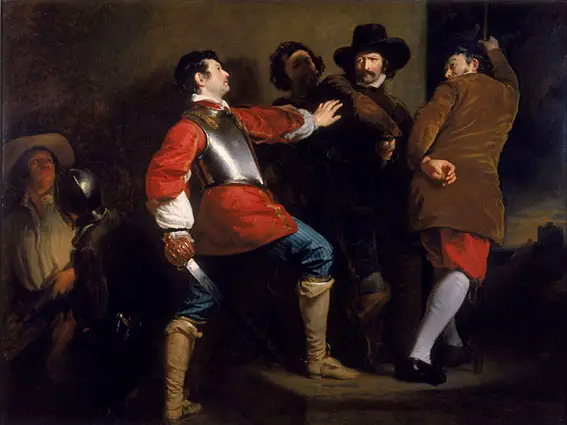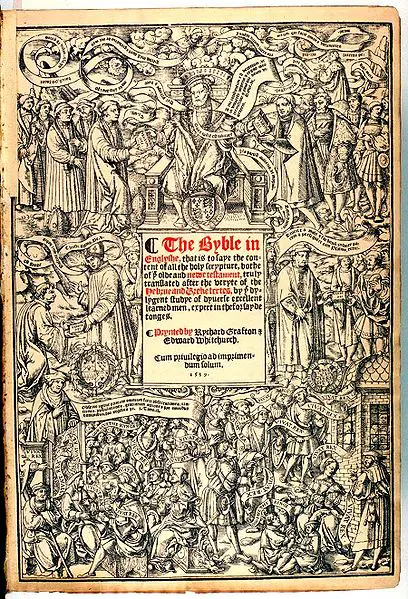Happy Hallowtide!
How much do you know about this time of year and how and why it is celebrated? Test your knowledge with this fun quiz.
Hallowtide Quiz
Correct! It means holy or sanctified. There is also a theory that it comes from the old English word "halig", meaning "saint".
Wrong! It means holy or sanctified. There is also a theory that it comes from the old English word "halig", meaning "saint".
Correct! It comprises Halloween, All Saints' Day and All Souls' Day - 31st October to 2nd November.
Wrong! It's three days. It comprises Halloween, All Saints' Day and All Souls' Day - 31st October to 2nd November.
Correct! Samhain was the festival which marked the end of the summer and the coming of winter and was a celebration of the end of the harvest.
Wrong! It's Samhain. Samhain was the festival which marked the end of the summer and the coming of winter and was a celebration of the end of the harvest.
Correct! In medieval times it consisted of going door-to-door begging for alms and spiced cakes known as soul cakes.
Wrong! It was "souling". In medieval times it consisted of going door-to-door begging for alms and spiced cakes known as soul cakes.
Correct! In exchange for a cake the souler would promise to pray for the dead of that household.
Wrong! Each cake represented a soul in Purgatory.
Correct! Bonfires were also lit to ward off spirits.
Wrong! They were worn to ward off the spirits who were said to roam on this night. Bonfires were also lit.
Correct! That is why it is now commonly referred to as All Saints' Day. It was a feast day in honour of all the saints and martyrs and was established because there were not enough days in the year to commemorate the lives of all the saints. Pope Urban IV said of it: “Any negligence, omission and irreverence committed in the celebration of the saints' feasts throughout the year is to be atoned for by the faithful, and thus due honor may still be offered these saints.”
Wrong! It was a feast day in honour of all the saints and martyrs and was established because there were not enough days in the year to commemorate the lives of all the saints. Pope Urban IV said of it: “Any negligence, omission and irreverence committed in the celebration of the saints' feasts throughout the year is to be atoned for by the faithful, and thus due honor may still be offered these saints.”
That is why it is now commonly referred to as All Saints' Day.
Correct! It let them know that they were being remembered and that masses would be said for them on All Souls Day.
Wrong! It was a way of comforting the souls in Purgatory and and to let them know that they were being remembered and then masses were said for them on All Souls Day.
Correct! Although no other contemporary source supports this. Luther did, however, write to Albert, Archbishop of Mainz, and the Bishop of Brandenburg protesting against the sale of indulgences and sending them a copy of “The Ninety-Five Theses” (proper title: “Disputation of Martin Luther on the Power and Efficacy of Indulgences”).
Wrong! He wrote that Martin Luther posted his "Ninety-Fives Theses" on the door of the church. However, no other contemporary source supports this. Luther did, however, write to Albert, Archbishop of Mainz, and the Bishop of Brandenburg protesting against the sale of indulgences and sending them a copy of “The Ninety-Five Theses” (proper title: “Disputation of Martin Luther on the Power and Efficacy of Indulgences”).



Well, I don’t seem to know much about Hallowtide!
Perhaps you do now!